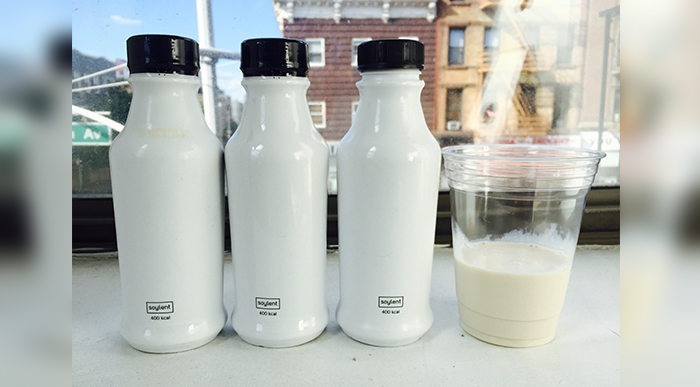Lead photo via Wikimedia Commons
The price of going legal in the Copper State is too high. At least that’s the argument of attorney Sean Berberian, who was back in court this week claiming that Arizona’s medical marijuana program is illegally charging registered patients an excessive fee for access to the state-approved medicine.
Since Arizona legalized medical marijuana in 2010, the price of a permit allowing patients to purchase legal weed from a dispensary has been an annual fee of $150, with those payments directly funding the state’s regulation of medical marijuana businesses. According to Arizona’s Capitol Media Services, that $150 mark was set at the turn of the decade by officials who predicted that only 25,000 residents would qualify for the all-natural medication. Now, with 143,000 patients currently participating in the program and paying annual dues, Berberian is arguing that the state is charging too much for cannabis access, with no official reason to horde the excess funds.
“What the Department of Health Services has done is set a fee structure and refused to reexamine or revisit that fee structure when it's quite obvious that the fees they set are far beyond what is sufficient to implement and administer that chapter,'' Berberian said.
In research compiled by Capitol Media Services about Arizona’s medical marijuana permit fees, it certainly appears that Berberian has a point, with last year’s financial books putting the Department of Health Services’ canna-fee collection at $24.9 million, while the same agency spent only $11.2 million administering the state’s medical marijuana program.
But despite the glaring financial surplus, Berberian’s first try at reducing fees was quickly rebuked when a judge threw out the case in May of this year. During those springtime court appearances, Maricopa County Judge Jo Lynn Gentry agreed that the state agency was stacking more cash than it needed to run Arizona’s medical marijuana program, but that there was nothing in the 2010 voter-approved that made those sketchy collections illegal.
Now, six months since his first attempt at lowering Arizona’s medical marijuana barriers, Berberian is doing his best to convince the state’s Court of Appeals that regulators are purposely using high fees to block access to the still-controversial medication.
While the Southwest state’s medical program has been growing beyond expectations for the better part of a decade, moves towards recreational legalization have been an uphill battle for Arizona cannabis advocates, with a ballot initiative to fully legalize the plant falling just short of the needed majority in 2016. With the state’s House, Senate and Gubernatorial leadership all leaning to the right side of the aisle, Berberian believes that Arizona’s medical marijuana structure is explicitly overpriced to dissuade potential patients from accessing the program.
"This is part and parcel of the state's ongoing effort to try to limit Arizonans from getting access to legal medical marijuana,'' Berberian told Capitol Media Services. "At every turn, the state and our governor has tried to prevent Arizonans from getting access.''
To make his case to the Appeals Court, Berberian has presented stories of two of his clients, including Lisa Becker, who uses medical marijuana to quell her nausea, but is on a fixed income of $1,100 a month and must seek assistance from friends and family to pay the annual MMJ permit fee.
Because medical marijuana users are often members of vulnerable populations, the high fees can dissuade patients from using proper channels and send them back to the black market for their medicine — the exact scenario Arizona’s medical marijuana program was created to avoid.
The second plaintiff in Berberian’s case, Yolanda Daniels, pays even more money to the state Department of Health Services for access to the cannabis extracts that help her granddaughter Mercedes avoid epileptic seizures. To be able to administer Mercedes' medicine, Daniels must pay a $200 annual caregiver fee, in addition to Mercedes yearly $150 permit costs.
Still, without writing in the Arizona Medical Marijuana Act explicitly restricting the state agency from collecting excess funds, there may be no legal recourse that would require the state to drop the permit price.
While Berberian continues to fight the good fight for Arizona’s medical marijuana patients, the one move that would truly remove the state’s high priced barriers would be to legalize recreational cannabis, eliminating the need for state permits altogether.
With 2018’s midterm elections less than a year away, Arizonans looking to legalize the sweet leaf once and for all have already begun making moves to follow up last year’s legalization failure with a demonstrative change next November.











